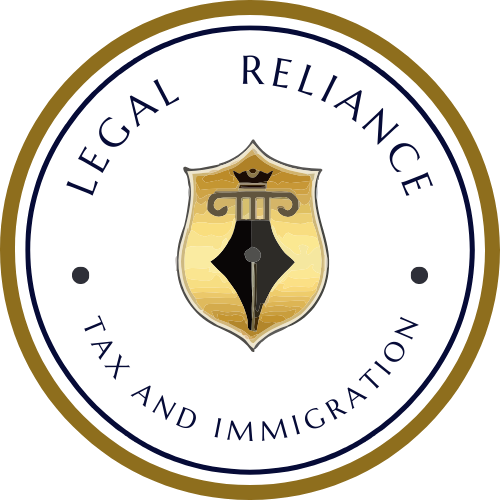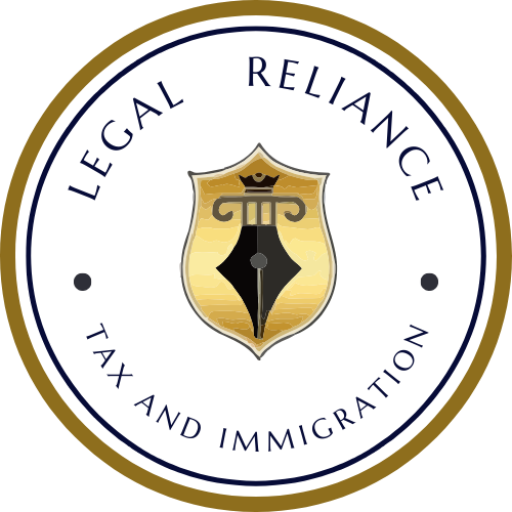If you’re a Pakistani citizen looking to settle in Germany, obtaining Germany permanent residency is a significant milestone in your journey. Permanent residency offers you the opportunity to live, work, and enjoy various benefits in Germany without the need for continuous visa renewals. This comprehensive guide outlines the pathways and requirements for obtaining permanent residency in Germany, specifically tailored for Pakistani nationals.
1. What is Germany Permanent Residency?
Germany’s permanent residency, also known as Niederlassungserlaubnis, allows non-EU citizens to live and work in Germany indefinitely. It provides a range of benefits, including unrestricted access to the labor market, the ability to bring family members to Germany, and access to social benefits and healthcare. Once you acquire permanent residency, you are no longer restricted by the time limitations of temporary visas or residence permits.
2. Pathways to Germany Permanent Residency
There are several ways through which Pakistanis can obtain permanent residency in Germany. These pathways depend on the type of visa you hold, your work, education, or family situation. Below are the main pathways to permanent residency:
Pathway 1: Through Employment (Work Visa)
For many Pakistani citizens, Germany’s Blue Card is the ideal pathway to permanent residency. The EU Blue Card is a residence permit that allows highly-skilled non-EU workers to live and work in Germany. After holding the Blue Card for a certain period (typically 33 months, or 21 months with good German language skills), you can apply for permanent residency.
Eligibility for the Blue Card includes:
- A job offer in Germany that requires high qualifications (e.g., a university degree).
- A salary that meets the minimum threshold required for a Blue Card (this changes annually, so you’ll need to check the current salary requirements).
- Health insurance coverage.
Pathway 2: Through Marriage or Family Reunion
If you are married to a German citizen or a foreigner living in Germany, you may be eligible for family reunification. After living in Germany for several years under a family reunion visa, you may apply for permanent residency. The general requirement is that you and your spouse must have lived together in Germany for at least three years, with two of those years under a valid residence permit.
For other family members (children, parents, or other dependents), they must meet specific criteria based on their relationship with the primary resident.
Pathway 3: Through Study
If you enter Germany on a student visa and complete a recognized degree program, you can apply for a post-graduation residence permit. After completing your studies, you may look for a job in your field. If you find permanent employment, you can then apply for a work visa or the EU Blue Card, which can eventually lead to permanent residency.
Students who have completed their studies in Germany and have worked there for a minimum of 2-3 years are typically eligible to apply for permanent residency.
Pathway 4: Through Self-Employment
If you are self-employed or run a business in Germany, you may be eligible for permanent residency. Self-employed individuals or business owners who have established a successful business for several years and contributed to the economy may apply for permanent residency after three years of legal residence in Germany. Your business must meet certain profitability and economic contribution requirements, and you must have health insurance and financial stability.
Pathway 5: Through Long-Term Residency (Residing for 5+ Years)
If you have lived in Germany for at least five years on a valid residence permit (e.g., work visa, student visa, family reunification visa), you may qualify for permanent residency under the long-term residency route. During this period, you need to have been employed, paid taxes, and contributed to Germany’s social system.
3. Requirements for Germany Permanent Residency
To apply for Germany permanent residency, you must meet certain requirements. While these requirements vary based on your specific visa type, here are the general conditions:
3.1. Minimum Residence Period
You must have legally lived in Germany for a specific period, typically between 2 and 5 years, depending on the type of visa you have held. For example, after living in Germany for five years on a work or student visa, you can apply for permanent residency. However, if you hold an EU Blue Card, you can apply after just 33 months, or 21 months if you have advanced German language skills.
3.2. Proof of Financial Stability
You must demonstrate that you can financially support yourself and your family members without relying on government assistance. This can include evidence of your income, bank statements, employment contracts, or other financial resources.
3.3. Health Insurance
You must have valid health insurance that covers you and your family in Germany. Health insurance is mandatory for all residents, and you will need to show proof of coverage when applying for permanent residency.
3.4. German Language Skills
In most cases, you must have a sufficient level of German language proficiency, usually at least B1 of the Common European Framework of Reference for Languages (CEFR). This requirement may vary depending on the type of visa you hold and the path you are taking to permanent residency. Some applicants, such as those with high-level degrees or qualifications, may be exempt from language proficiency requirements.
3.5. Integration into German Society
You must show that you are integrated into German society. This includes being employed, having stable housing, and demonstrating an understanding of German culture, history, and society.
3.6. Clean Criminal Record
Applicants for permanent residency must have a clean criminal record, both in Germany and in any other countries where they have resided.
4. The Application Process for Germany Permanent Residency
The process of applying for Germany permanent residency can be broken down into several steps:
Step 1: Check Eligibility
Before applying, make sure you meet all the requirements, such as the length of stay in Germany, financial stability, language proficiency, and employment status.
Step 2: Gather Required Documents
Collect all the necessary documentation for your application, including:
- Valid passport.
- Proof of residence in Germany for the required period.
- Employment contract, salary statements, or evidence of self-employment.
- Proof of language proficiency.
- Health insurance documentation.
- Proof of financial stability.
Step 3: Submit Your Application
Submit your application to the local Ausländerbehörde (Foreigners’ Office) in the region where you live. This can usually be done in person or online, depending on your area.
Step 4: Attend an Interview
In some cases, you may be required to attend an interview with the immigration authorities. This is to verify your documents and assess your eligibility for permanent residency.
Step 5: Wait for Approval
The processing time for permanent residency applications can take several months, so be patient during this period.
Step 6: Receive Your Permanent Residency
Once your application is approved, you will be issued a Niederlassungserlaubnis (permanent residency permit) that allows you to stay in Germany indefinitely.
5. Conclusion
Obtaining Germany permanent residency as a Pakistani citizen is a significant and achievable goal. Whether you’re seeking to move through employment, family reunion, or study, Germany offers several pathways to permanent residency. By meeting the requirements and following the application process, you can enjoy the benefits of long-term residency in one of Europe’s most prosperous countries. Ensure you prepare the necessary documentation, fulfill all the eligibility criteria, and seek expert advice when needed to enhance your chances of success.








